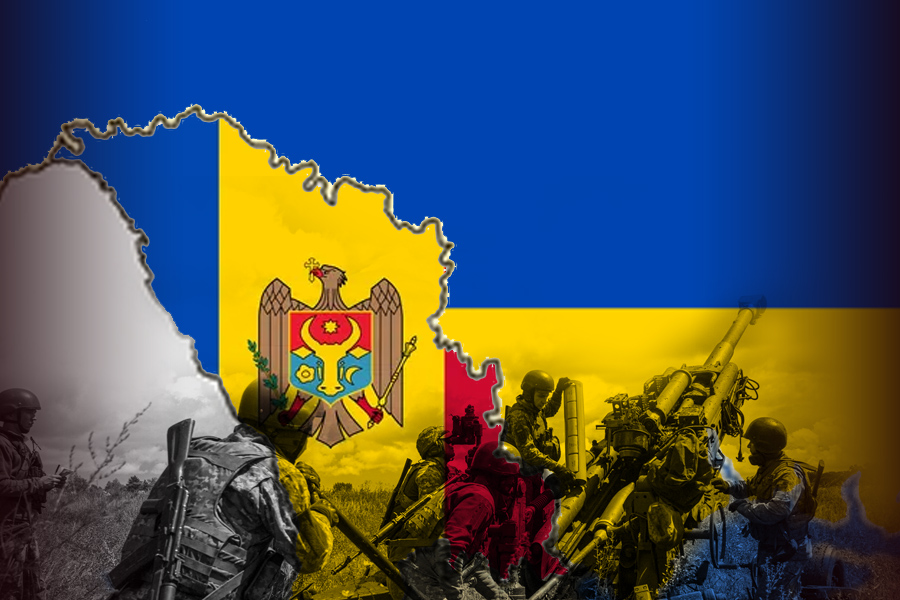The Moldovan government has approved an extension of the state of emergency for an additional 60 days in response to the ongoing war between Russia and Ukraine. This decision was reported by the Moldovan news portal TV8.
Following the approval of the corresponding initiative at a government meeting, Prime Minister Dorin Rechan plans to address the parliament during a plenary session, seeking support from lawmakers for the extension of the state of emergency. This decision is justified by existing threats and the need to ensure the security of energy supplies, manage the influx of refugees, and address other security risks.
“Currently, Moldova enjoys peace and tranquility. We have a secure environment for two reasons: the resilience of Ukrainians in their struggle against Russia and the ability of our state institutions to judiciously employ the tools provided by parliament through the state of emergency mechanism. We must continue to live normally and maintain a peaceful environment in Moldova,” stated Rechan.
The state of emergency was initially imposed in Moldova on February 24, 2022, in response to Russia’s invasion of Ukraine. Since then, the state of emergency in Moldova has been extended multiple times, and it is expected to remain in effect until the conclusion of the war in Ukraine.
In anticipation of potential Russian aggression on Moldovan territory, Deputy Secretary-General of the North Atlantic Alliance, Mircea Joanna, expressed NATO’s readiness to assist Moldova.
It is worth noting that Moldova has joined the European Union’s Civil Protection Mechanism, designed to provide support to countries during crises or disasters. Moldova is now prepared to offer assistance to countries in need, including preventive measures to mitigate potential disasters and emergencies, as well as aid to affected populations.
Previously, the Republic of Moldova utilized the EU Civil Protection Mechanism to respond to the significant influx of Ukrainian refugees caused by Russia’s full-scale war in Ukraine.
Currently, in addition to EU member states, ten other countries participate in the Civil Protection Mechanism: Albania, Bosnia and Herzegovina, Iceland, Montenegro, North Macedonia, Norway, Serbia, Turkey, Moldova, and most recently, Ukraine, when the European Union signed a memorandum of understanding with Ukraine in April 2023.
Source: The Gaze







